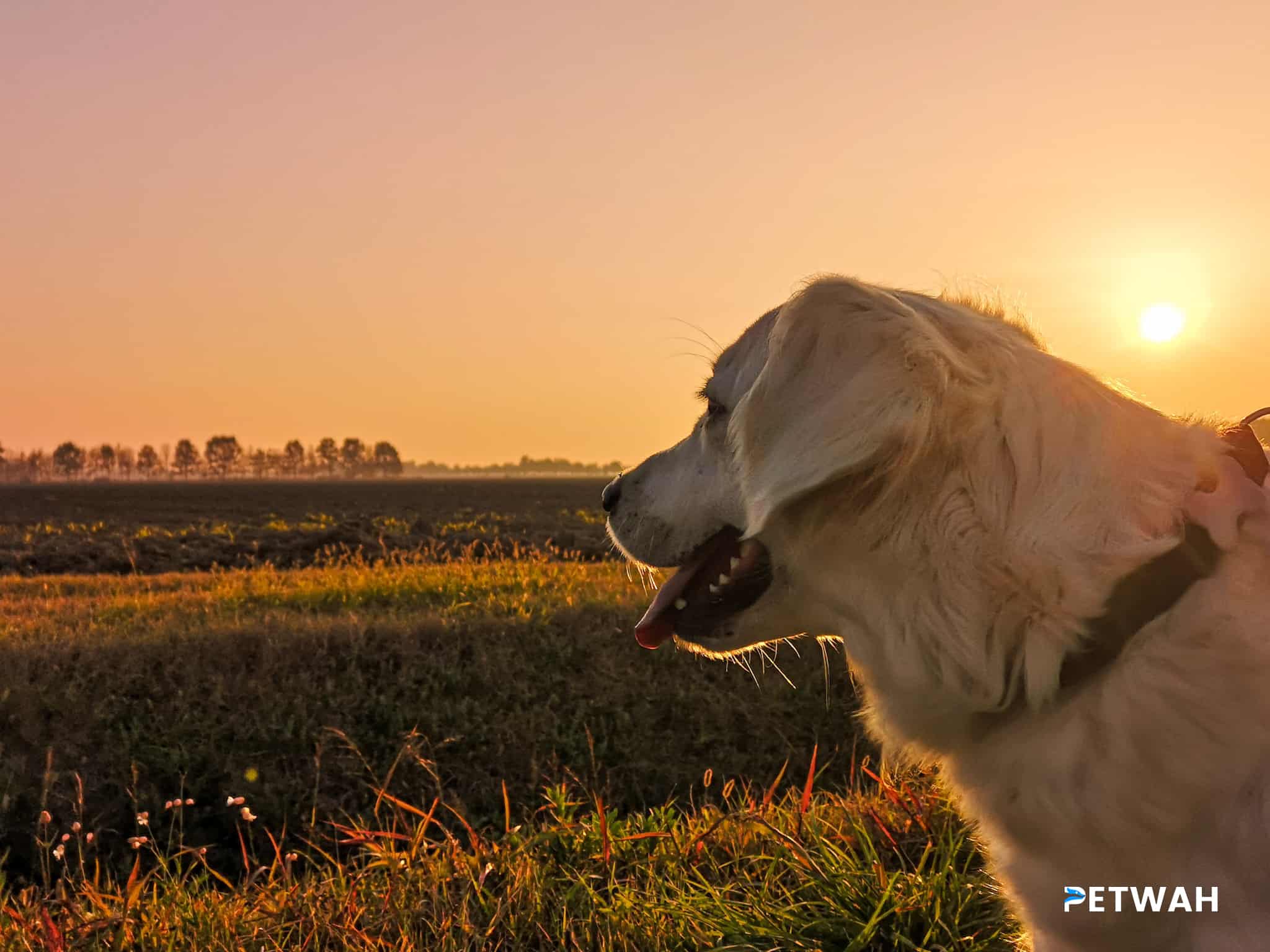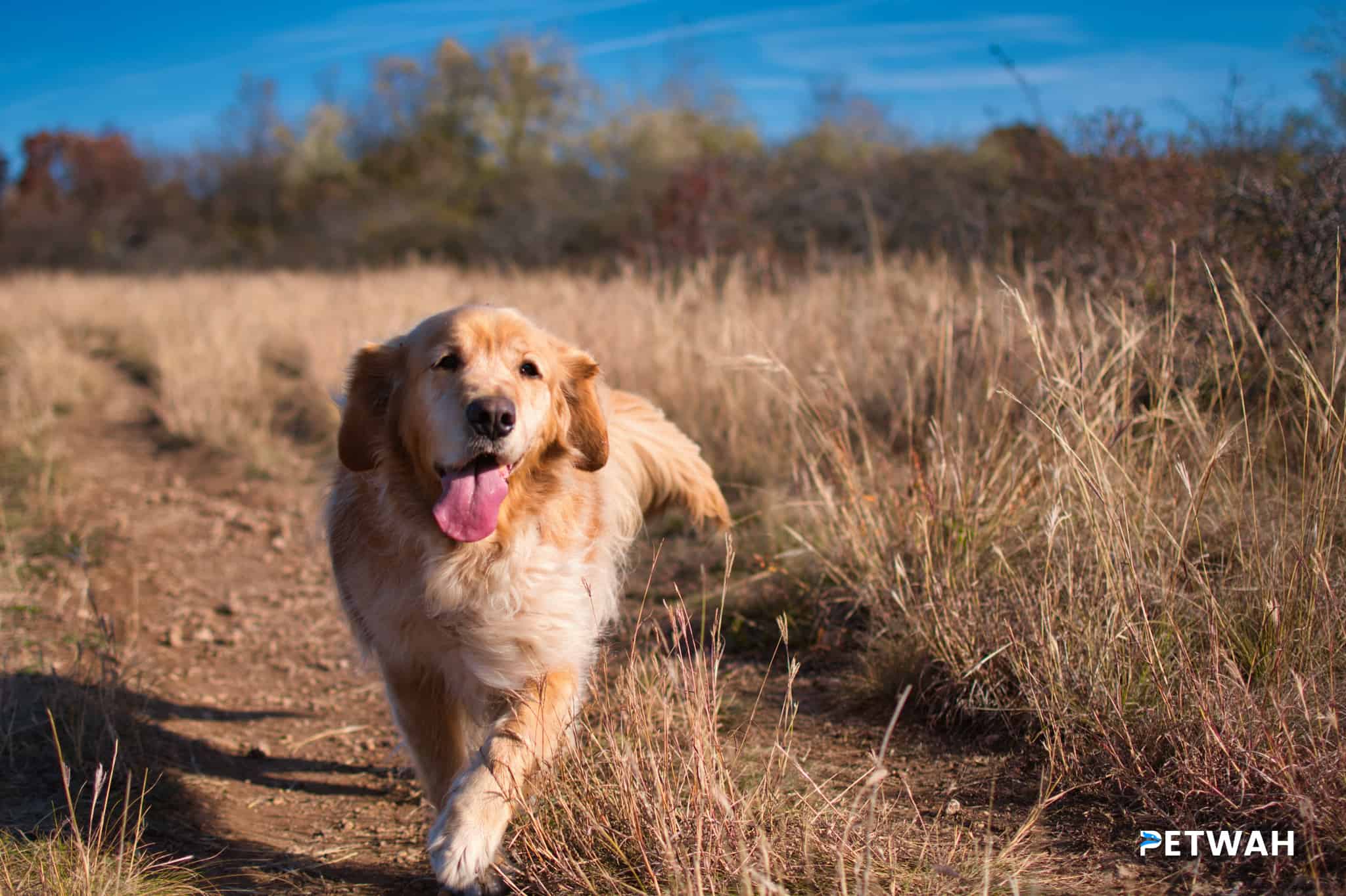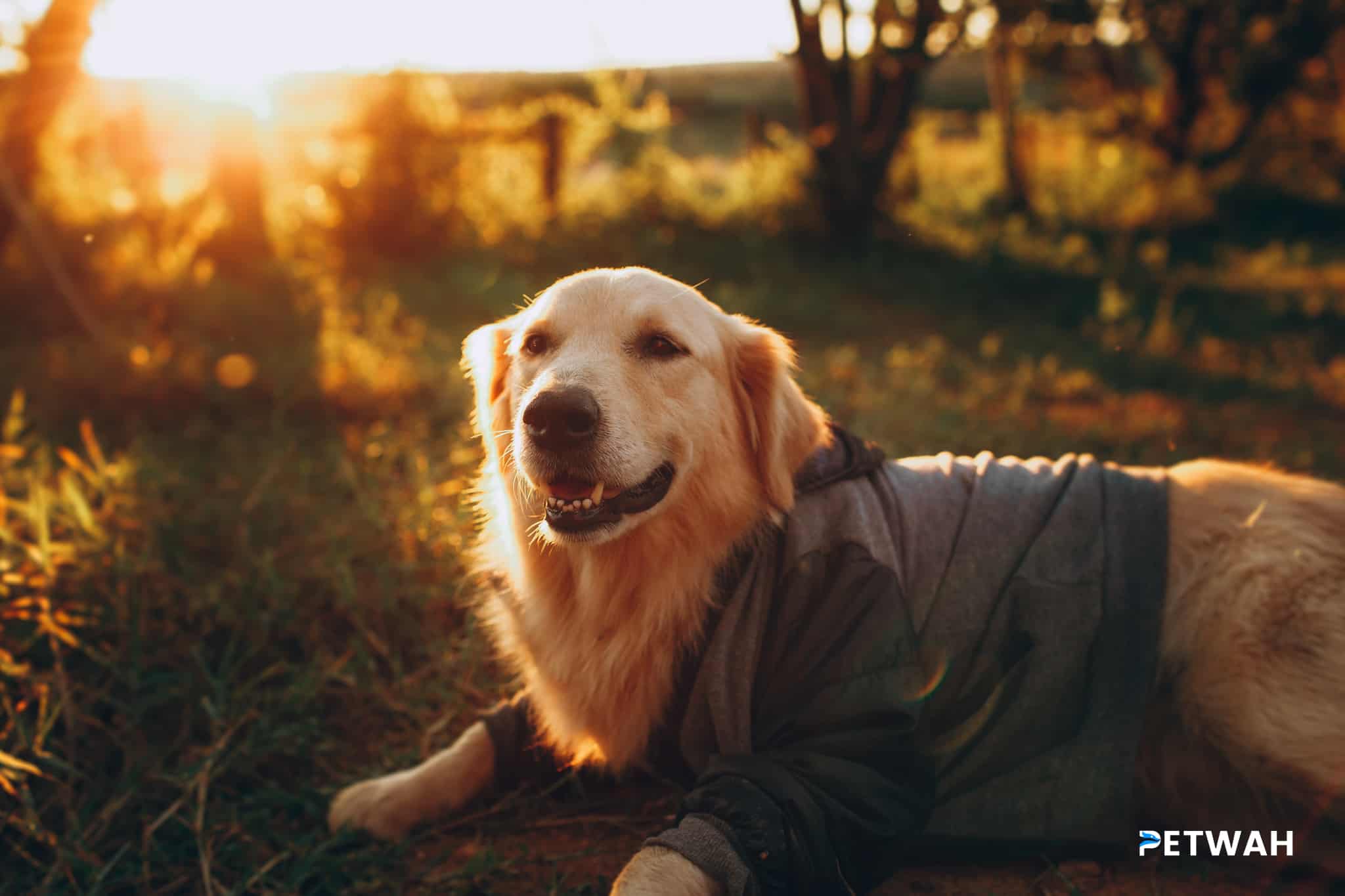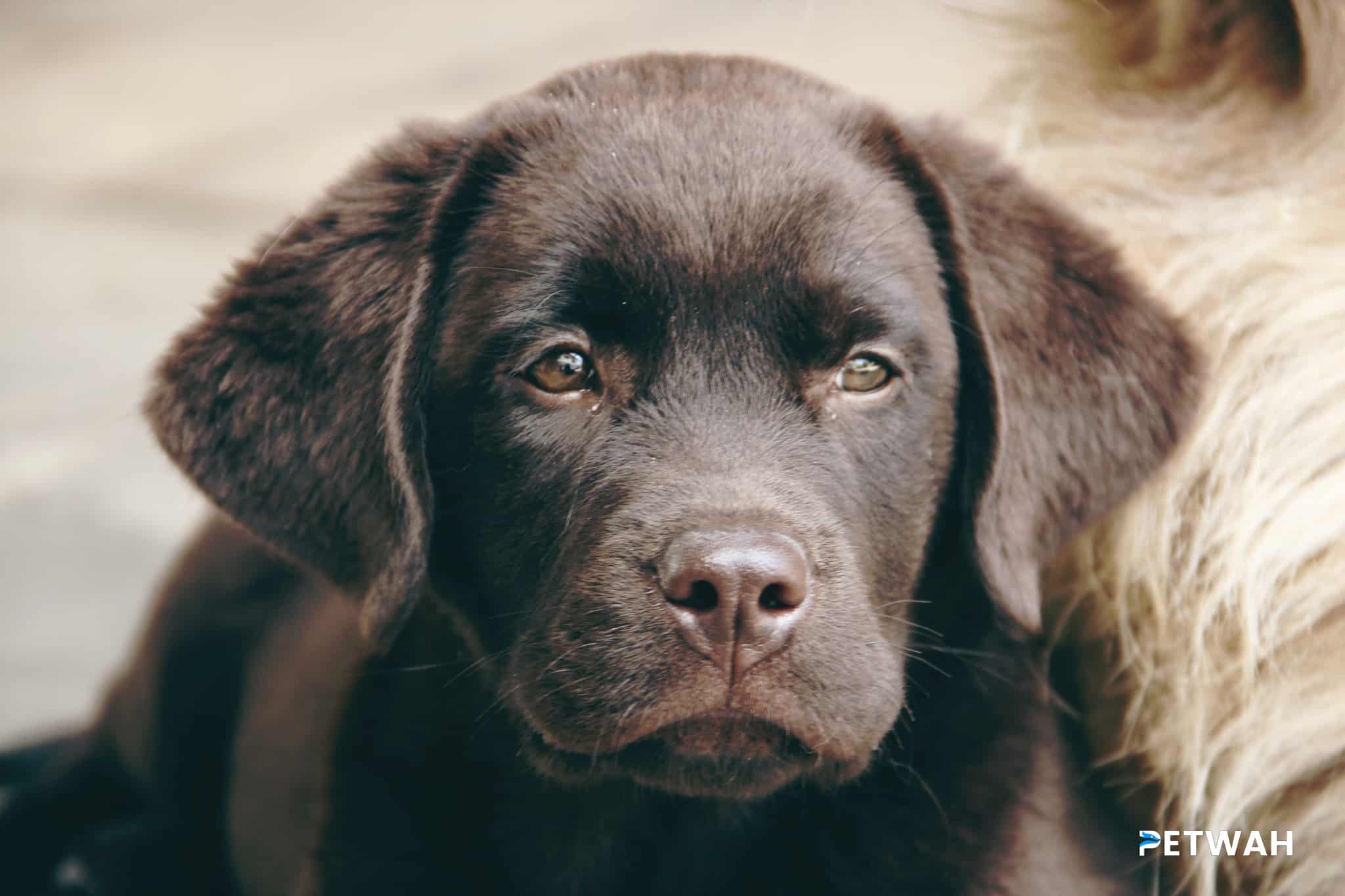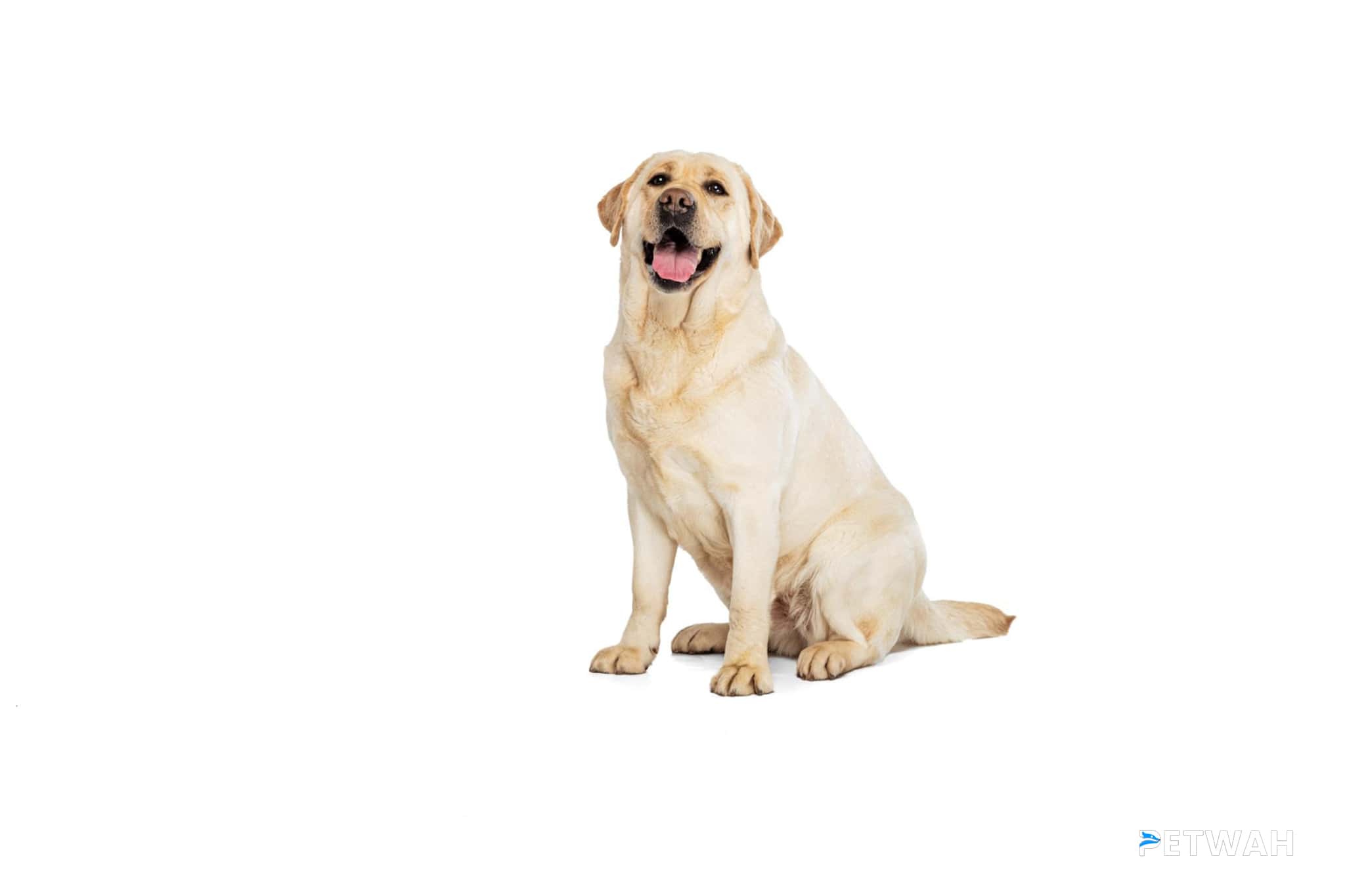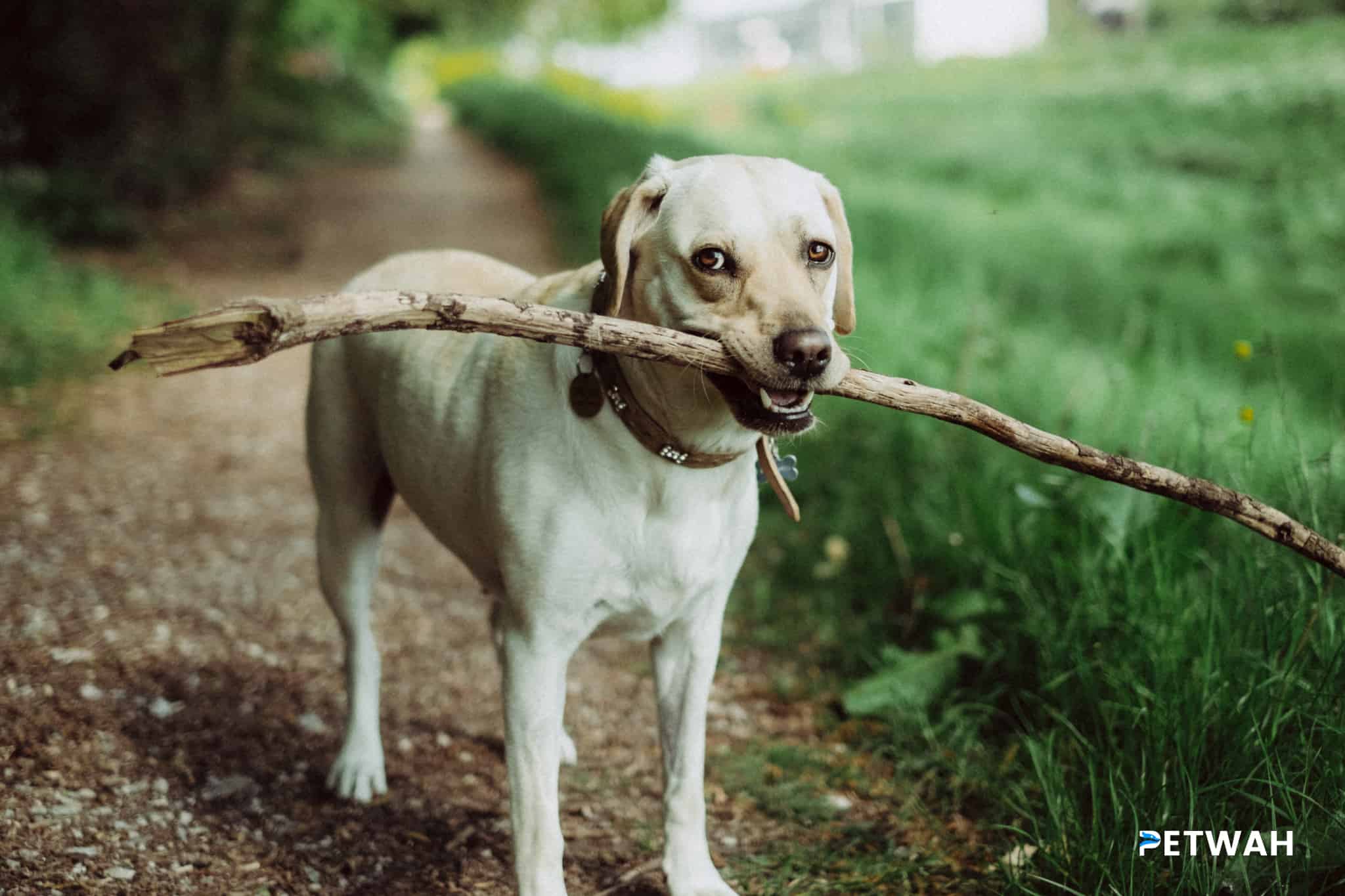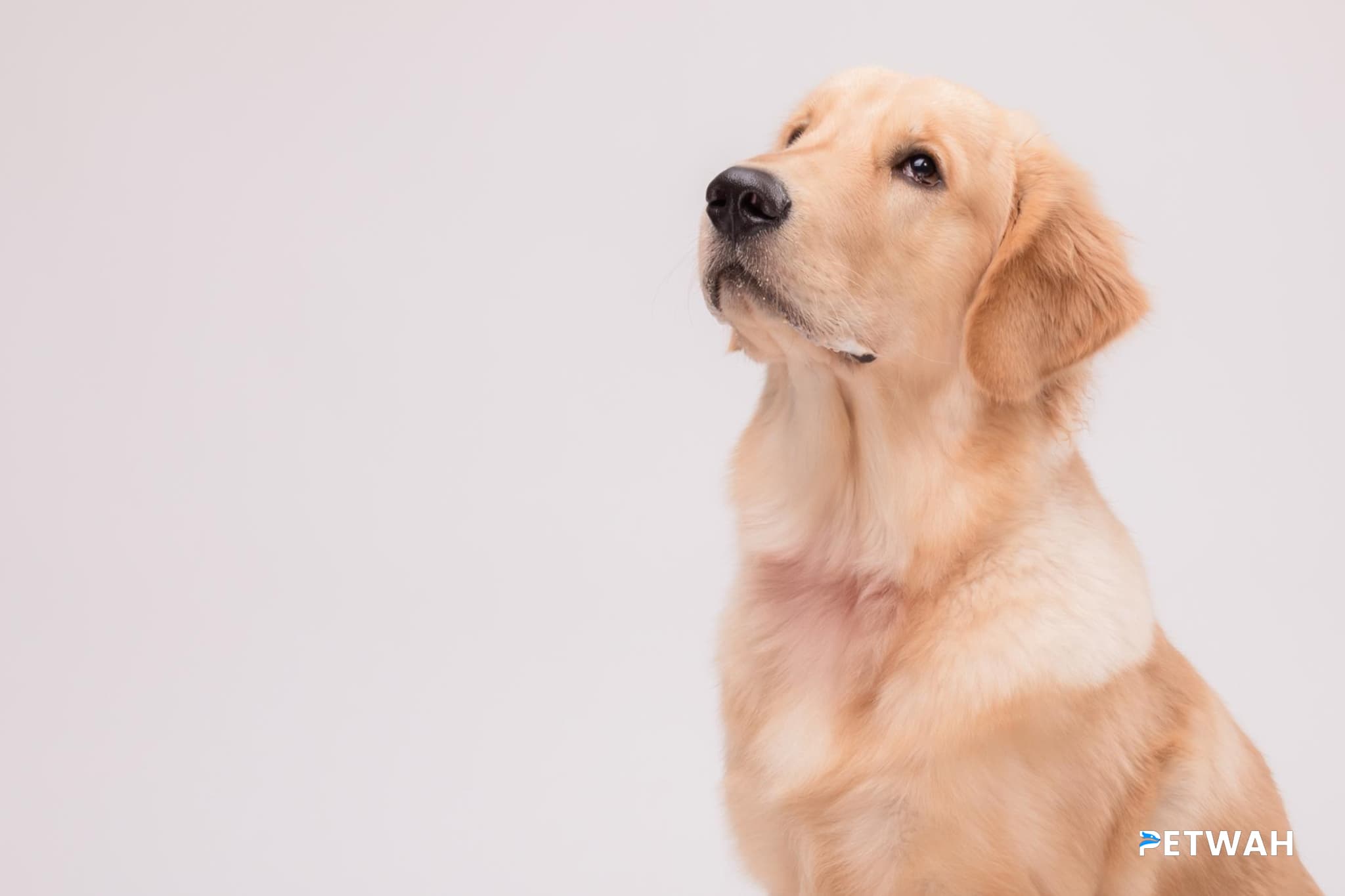When it comes to keeping our furry friends happy and healthy, diet and nutrition play a crucial role. For Golden Retrievers, a balanced and nutritious diet is essential to maintain their health and well-being. In this article, we will explore the diet and nutrition plan that couples should consider for their Golden Retrievers. We will discuss the importance of a well-rounded diet, what ingredients to include, feeding guidelines, and address some common questions on this topic.
The Importance of a Well-Rounded Diet
A well-rounded diet is vital for the overall health and longevity of your Golden Retriever. It provides essential nutrients, vitamins, and minerals that support their immune system, promote healthy growth, maintain a shiny coat, and keep their energy levels up. A balanced diet is the foundation of good health, so it is crucial to provide your Golden Retriever with nutritionally complete meals.
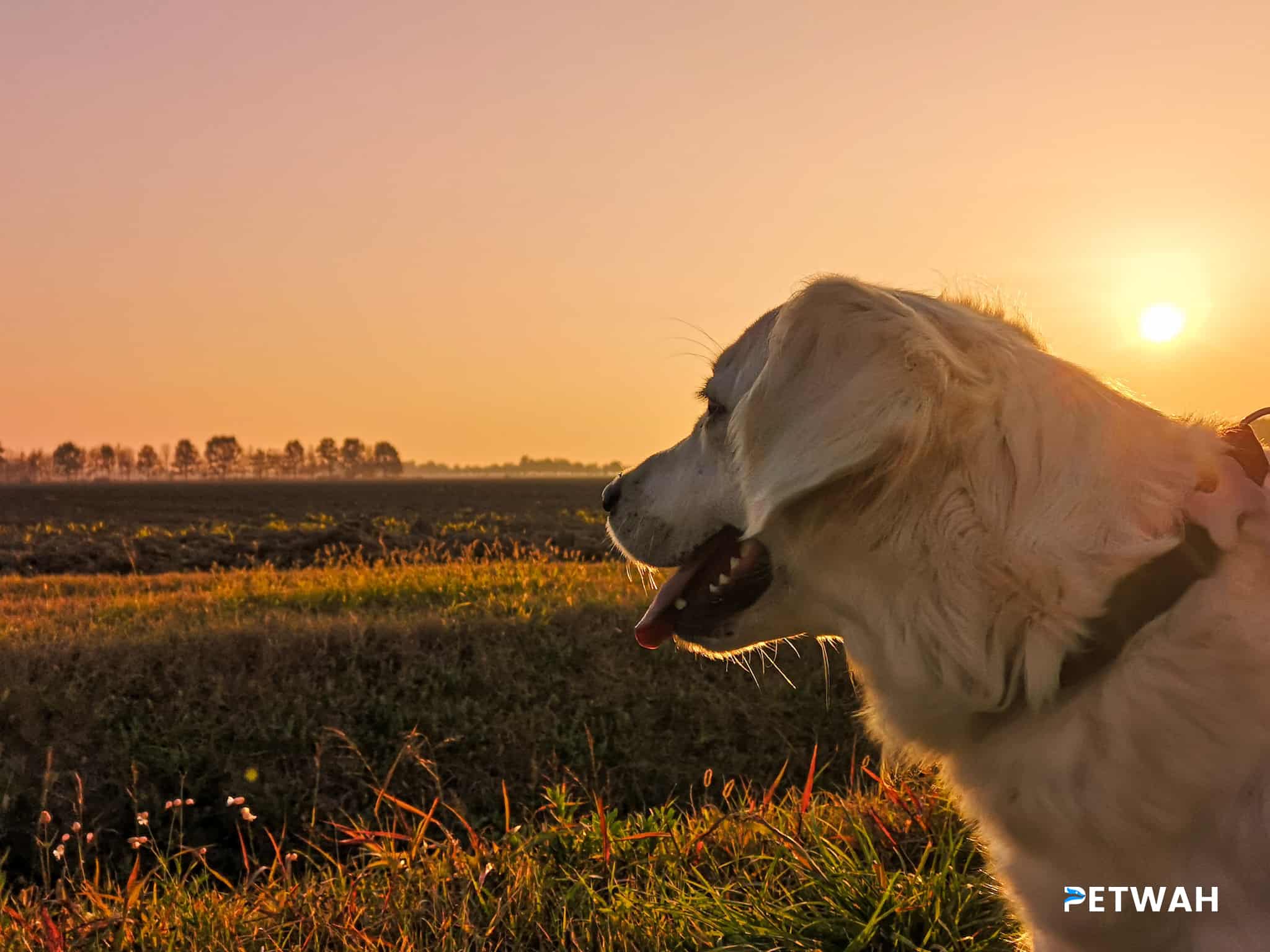
What to Include in a Golden Retriever’s Diet
When formulating a diet plan for your Golden Retriever, consider including the following:
1. High-quality protein: Choose a dog food that contains high-quality proteins, such as chicken, fish, or lean meats. Protein is essential for muscle development and repair.
2. Whole grains: Opt for whole grains like brown rice, barley, or oats. These provide carbohydrates for energy and fiber for healthy digestion.
3. Fruits and vegetables: Include a variety of fruits and vegetables in your Golden Retriever’s diet. They are rich in vitamins, minerals, and antioxidants that support overall health. Be mindful of toxic foods like grapes, raisins, onions, and garlic, which should be avoided.
4. Healthy fats: Incorporate healthy fats, such as fish oil or flaxseed oil, into their diet. These fats promote a healthy coat and skin, and support brain function.
Feeding Guidelines
Feeding guidelines may vary depending on your dog’s age, weight, activity level, and overall health. It is recommended to consult with your veterinarian to determine the appropriate portion size and feeding frequency for your Golden Retriever. As a general guideline:
1. Puppies: Feed them three to four times a day until they are around 6 months old. Gradually transition to two meals a day as they grow.
2. Adult dogs: Feed adult Golden Retrievers twice a day, once in the morning and once in the evening. Adjust portion sizes according to their activity level and body condition.
3. Senior dogs: As dogs age, their metabolism slows down. Monitor your senior Golden Retriever’s weight and adjust their portion sizes accordingly. It may be beneficial to switch to a dog food formulated for senior dogs, which typically contains fewer calories.
Common Questions About Golden Retriever Diet and Nutrition
1. Can I feed my Golden Retriever homemade food?
While homemade food can be a nutritious option, it is essential to ensure that your Golden Retriever is receiving a balanced diet with all the necessary nutrients. Consulting with a veterinarian or canine nutritionist can help you formulate a homemade diet plan that meets your dog’s nutritional needs.
2. Should I feed my Golden Retriever a grain-free diet?
There is ongoing debate about the benefits and potential risks of grain-free diets for dogs. While some dogs may benefit from a grain-free diet, be aware that it is important to provide alternative sources of carbohydrates and ensure a well-balanced diet overall. Consult with your veterinarian to determine the best diet for your Golden Retriever.
3. How often should I change my Golden Retriever’s diet?
If your Golden Retriever is on a balanced and nutritious diet that suits their health needs, there may not be a need to change it. However, if you decide to switch their diet, it is recommended to do so gradually over a period of 7-10 days to avoid digestive upset. Consult with your veterinarian before making any drastic changes.
4. Can Golden Retrievers eat raw food?
Raw diets, also known as BARF (Biologically Appropriate Raw Food), have gained popularity among some dog owners. However, it is important to be cautious when feeding raw food, as it can pose risks such as bacterial contamination. Consult with your veterinarian to assess the potential benefits and risks before feeding your Golden Retriever a raw diet.
5. How can I manage my Golden Retriever’s weight?
It is crucial to maintain a healthy weight for your Golden Retriever to reduce the risk of obesity-related health issues. Provide regular exercise, portion control, and avoid excessive treats. Consult with your veterinarian if you are concerned about your Golden Retriever’s weight.
In conclusion, a well-rounded and nutritious diet is essential for the health and well-being of your Golden Retriever. Consider including high-quality protein, whole grains, fruits, vegetables, and healthy fats in their meals. Follow feeding guidelines based on their life stage and consult with your veterinarian for individualized advice. Remember, every dog is unique, so it’s important to tailor their diet to their specific needs. Ensure you address any concerns or changes in their diet with a professional.
For more information on Golden Retriever diet and nutrition, you can visit reputable websites such as the American Kennel Club (AKC) or consult with a qualified veterinarian or canine nutritionist. Remember, a healthy and balanced diet is key to a happy and thriving Golden Retriever!
FAQs:
1. Can Golden Retrievers eat homemade food?
2. Should Golden Retrievers be on a grain-free diet?
3. How often should I change my Golden Retriever’s diet?
4. Can Golden Retrievers eat raw food?
5. How can I manage my Golden Retriever’s weight?
Call-to-action: For high-quality pet food and products, visit PetWah.com, where you’ll find a wide range of options to keep your Golden Retriever healthy and happy.


